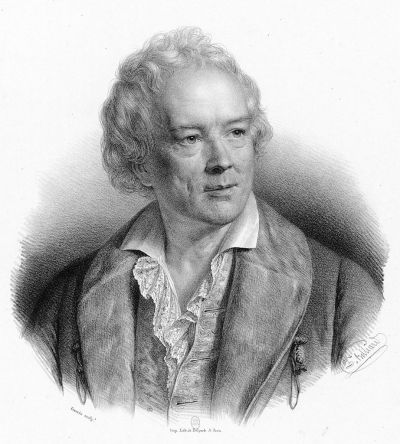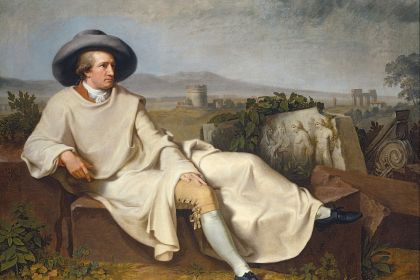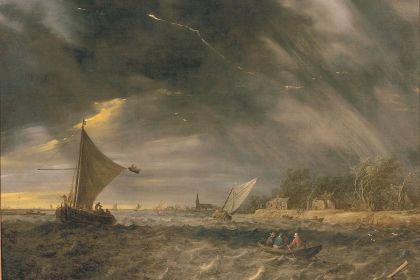FLUTE
Forest ranger's son fled home to reform the operatic world

Christoph Willibald Gluck by Zéphirin Belliard
Music Period: Classical
Country: Germany
Composer: Christoph Willibald Gluck
Conductor: Herbert von Karajan
Christoph Willibald Gluck was a revolutionary who moved the courtly genre of opera to the way beyond the narrow limits of aristocratic amusement. Today Gluck is also known for his elegant synthesis of the French and Italian operatic traditions, exemplified by such remarkable works as Orfeo ed Euridice and Alceste.
Born in 1714 in Erasbach, in the forests nears Neumarkt, Gluck grew up in the household of the forest ranger Alexander Gluck. The family soon moved to northern Bohemia, where Gluck received a certain amount of basic musical training.
The oldest of the family’s surviving sons, he was expected to follow in the professional footsteps of his father. But Gluck wanted to try his luck as a musician and escape the rural narrowness: at sixteen, he ran away. By this time he had mastered the violin, cello and organ, and so was able to scratch along as a backup musician for church services and harp performer at markets.
Gluck, like many composers of the time, traveled a lot, with his most important locations including Prague, Milan, Vienna, and Paris.
In 1762, Gluck wrote his Orfeo ed Euridice, heralding a new era in the history of opera. Combining the Classical ideals of beauty and simplicity with an innate sense of dramatic purpose, the opera broke down many of the overwrought formal conventions of the Baroque and set the standard for a whole generation of operatic composers.
The pastoral Dance of the Blessed Spirits beautifully exemplifies Gluck's revolutionary principle that in opera, music and poetry should never overstate their message.
Gluck shared his approach:
"I sought to confine music to its true function of serving poetry by expressing feelings and the situations of the story without interrupting and cooling off the action through useless and superfluous ornaments."
The Dance of the Blessed Spirits is one of the composer’s best-known and loved pieces. This self-contained work for two solo flutes and string orchestra is often performed on its own.
Listen to The Dance of the Blessed Spirits performed by Herbert von Karajan with Berliner Philharmoniker and Karlheinz Zoeller as solo flute:
Gluck's musical legacy includes 35 complete full-length operas, numerous ballets, and instrumental works. He left behind a flourishing school of disciples in Paris, who would dominate the French stage throughout the Revolutionary and Napoleonic period. Apart from Salieri, his apprentices included Sacchini, Cherubini, Méhul, and Spontini.



